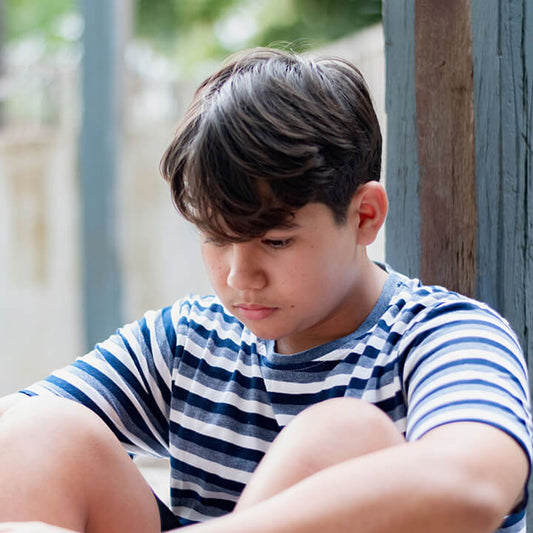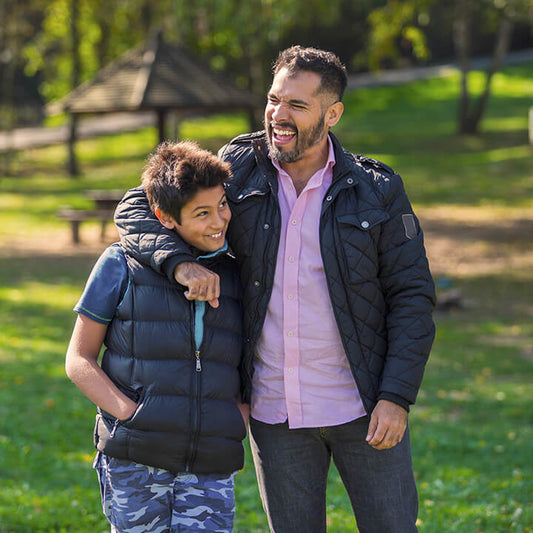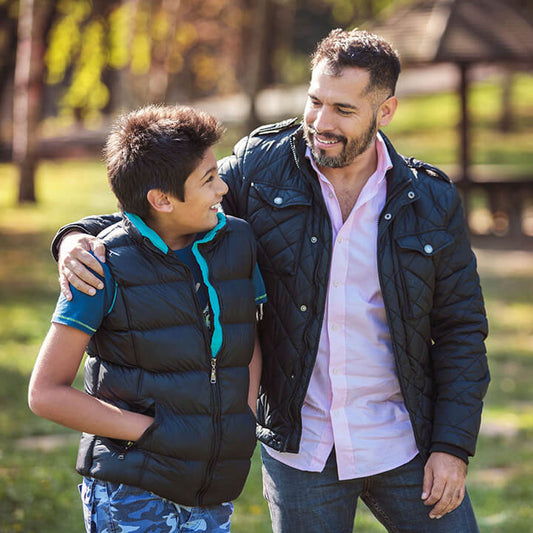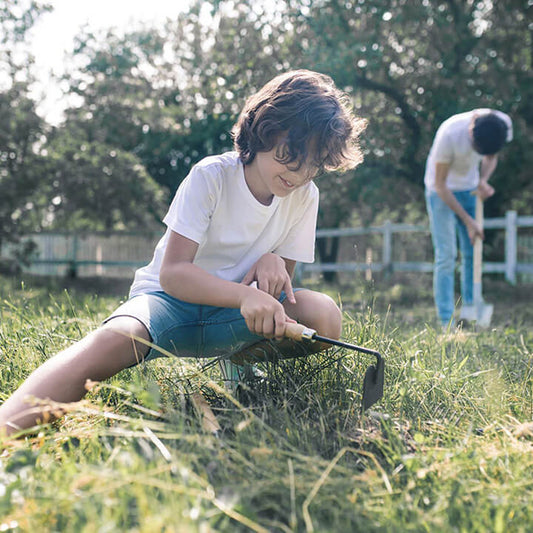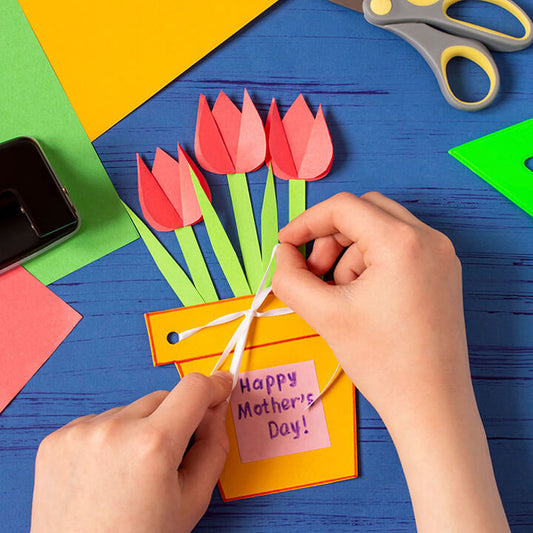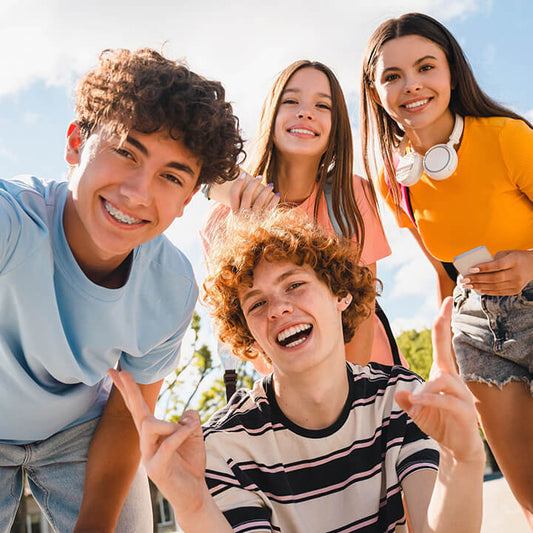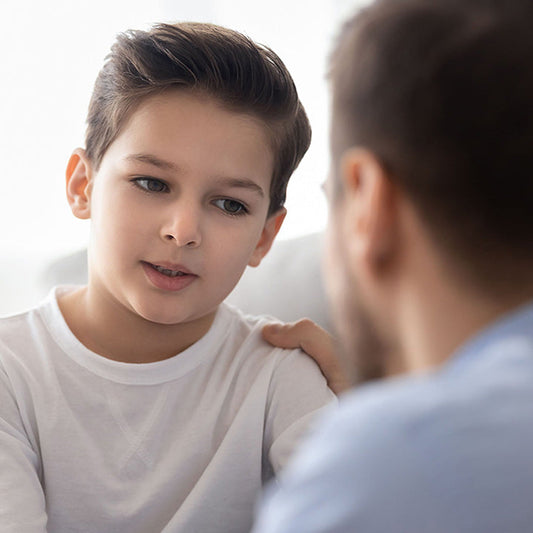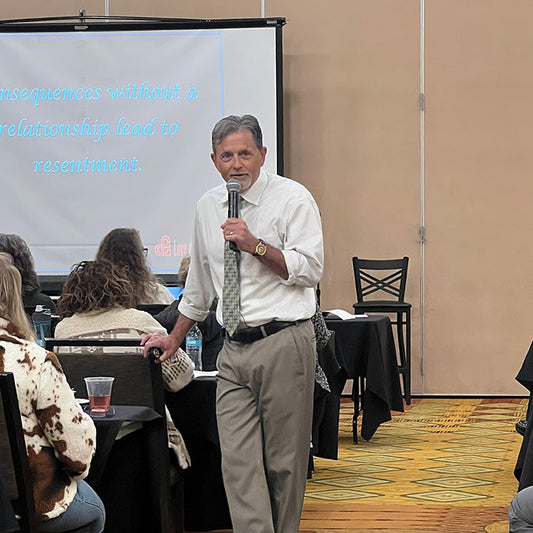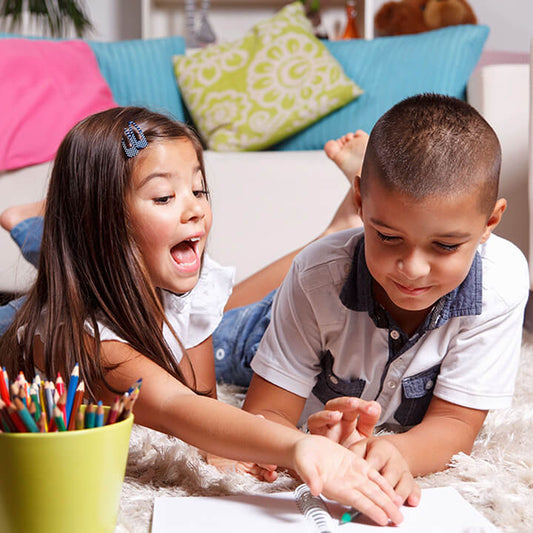Recently several customers have called with questions about how Love and Logic works. The Second Rule of Love and Logic holds two secrets that have helped thousands of parents use our techniques with great success. The Second Rule of Love and Logic says that when children create problems, adults should hand these problems back in loving ways.
“Handing the problem back” means allowing children to experience the consequences of their actions, which is the first secret. The second secret is extremely important. To create the opportunity for children to learn from their experiences, the parent must deliver a strong and sincere dose of empathy before the consequences are delivered.
Parents do not typically have a strong dose of empathy on the tip of their tongue when their kids have done some unexpected and inappropriate. They might not be thinking rationally in the moment and cannot respond to what their kid has just done with empathy. Because this is very common and normal reaction among parents, we developed the technique of delaying the consequences.
This technique gives us plenty of time to calm ourselves so that we are not angry when we deal with the problem, allowing us to keep everyone’s dignity intact. It also allows us to get our friends to help us figure out what to do and plug the holes in whatever plan we develop. In the end, the parent will be able to hand the problem back to the child with empathy and love.
Although “experts” often preach that we must always deliver immediate consequences for misbehavior, there are many reasons why this isn’t always such a great idea. Here are some of the problems with immediate consequences:
- Most of us have great difficulty thinking of an immediate consequence while we are in the middle of the problem.
- We “own” the problem rather than handing it back to the child. In other words, we do more thinking about the problem than the child.
- We are forced to react while we and the child are upset.
- We don’t have time to anticipate reactions to our response.
- We don’t have time to develop a reasonable plan and assemble a support team, if necessary, to help us carry it out.
- We often end up making threats that we can’t enforce.
- We generally fail to deliver a strong dose of empathy before providing the consequence.
- Every day, we live in fear that our kid will do something that we won’t know how to handle with an immediate consequence.
Delaying the consequences give you time to think and plan when your kids do something unexpected. It can also help you react calmly and lower your blood pressure. The next time your kids do something upsetting, experiment by calmly saying the following in an empathetic voice:
“Oh no, this is so sad. I’m going to have to do something about that.
We’ll talk later. Try not to worry.”
The awareness of a consequence being on its way is a consequence in itself—especially if you use the words, “Try not to worry.” When you do this, what happens? The child starts to imagine what might happen, what can happen, what they are going to do, and so on. It helps them focus on what they did and the possible consequences of their actions.
For more perspectives on the power of delayed consequences, listen to our audio, Love and Logic Magic When Kids Drain Your Energy.
Thanks for reading!























